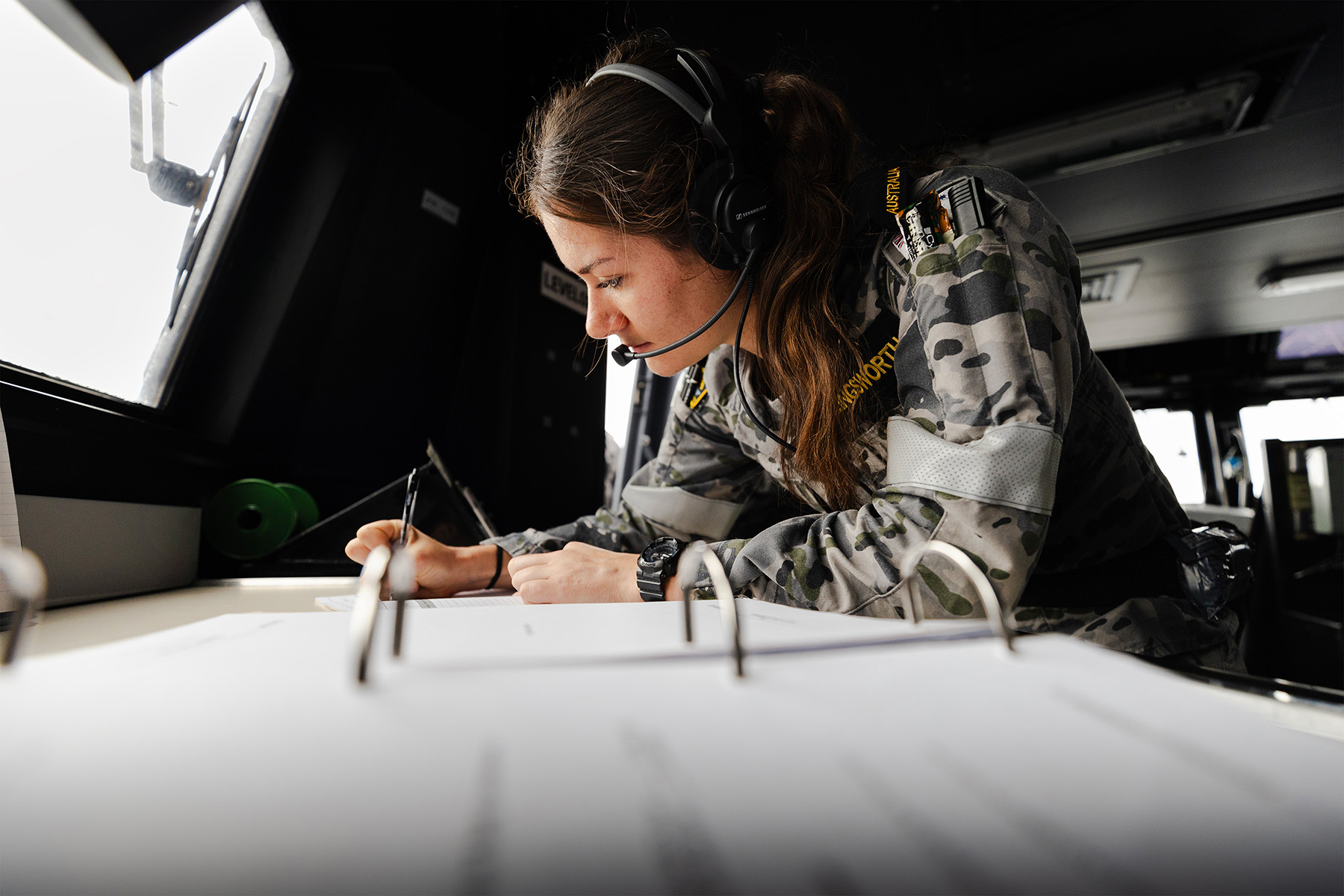Why capability reviews are critical for agency success.
As agencies grapple with complex procurement demands, many discover that simply meeting compliance is not enough. A lack of deep procurement capability can spiral into inefficiency and risk. This article explores why targeted capability reviews are vital for agencies striving to move beyond minimum standards and achieve operational excellence in procurement.
Firms such as Proximity are often engaged to provide specialist commercial skills to support standalone procurement related activities of a significant size and/or complexity. But what happens when an agency can’t deliver the minimum level of procurement and contract management skills and capacity required to ensure day day-to-day operations are met?
From our experience, this is a common and ongoing issue agencies struggle with.
In response to this scenario, we’re seeing a number of agencies undertaking capability reviews to allow them to take steps to uplift their internal procurement offering.
Why undertake a capability review rather than simply provide additional resourcing?
While it might sound simple, recruiting someone with the relevant skills and experience is not as straightforward as it may appear given the current lack of depth for procurement and contract management staff in the marketplace.
The lack of experienced central procurement staff within agencies and the subsequent issues it generates is leading several agencies to realise their procurement processes are overly complex and challenging for staff not familiar with the process. This is exacerbated when staff within an agency are required to lead themselves through the procurement process rather than partner with a procurement expert—creating a vicious circle.
While we won’t try and solve the issue of a shortage of procurement people in this article(!), we will look at the value in agencies undertaking a procurement capability review.
Typically, an agency’s procurement and contracting framework is not stood up under a greenfield approach. Rather, it evolves over time as changes are made to the overarching Commonwealth Procurement Framework; the agency having reason to adjust or add to its existing policies and procedures; or a machinery of government change occurs requiring a change to policies and procedures.
These types of examples normally see additional policies and/or procedures added in a standalone manner without a review being undertaken to determine if any unintended consequence will occur. Unintended consequences can materialise in the form of red tape; contradictions between policies and procedures; and a general misunderstanding of what’s required that has the potential to jeopardise compliance and value for money outcomes for an agency.
Proximity has undertaken capability reviews for a number of agencies over the last few years. While the approach we take depends on the level of review being sought, it typically includes reviewing policies and procedures, interviewing stakeholders from the central procurement area, their customers, and relevant customer business owners. We may also be asked to assess the skills and experience of the centralised procurement team.
In addition to uncovering the unintended consequences listed above, common findings include:
- Resourcing within a centralised procurement area being rundown over time and, due to the lack of depth in the marketplace, staff coming into the team not having the same level of skills and experience.
- A general lack of appreciation for the procurement process within a Commonwealth setting.
- A lack of clarity around roles and responsibilities within the procurement process.
- Tension between the agency’s procurement framework and the broader Commonwealth Procurement Framework.
- A lack of understanding in the role of a delegate and the associated consideration.
- A lack of dedicated contract and vendor management for those strategically important contracts and suppliers to the agency.
- A lack of training and development of staff within the central procurement team and training in procurement and contract management across the agency more generally.
Once the issues are identified, we work with the agency to take them through the issues and discuss options to address them which allows us to develop a range of recommendations to inform the agency’s future direction for its procurement and contracting functions.
In addition to developing a range of recommendations for the agency to consider, we also provide a revised suite of procedures, templates and, where requested, improvements to the structure of procurement teams, procurement workflows, and training materials. Examples include:
Document reviews—range from providing comments on existing documents through to providing an updated Procurement Manual where we amend and add to existing policies and procedures to ensure accuracy and efficiency and, importantly, develop a suite of documents that work together rather than contradict each other.
Organisation structure—having the right organisation structure for a Central Procurement Team is important. It aids in learning and development for staff that results in consistency in approach, provides for ongoing development of procurement staff, and helps to position procurement staff as the procurement professionals within an agency. This is important from both the perspective of the agency—so staff and executive trust and seek out appropriate advice and support from the Procurement Team—and also ensuring the procurement staff themselves recognise the importance of their role and appreciate that they are the stewards of their agency’s procurement activities and not there to simply take people through a process.
Technology and workflow—when properly designed and applied, technology can help manage access into the Central Procurement Team. It allows workflows to be automated which helps drive consistency and better direct resources to where they’re most needed. This in turn helps address issues around underservicing and overserving that can occur when the procurement function has developed a less structured approach over time that may see people reaching out to the Procurement Team through means other than a recognised point of entry.
Training materials—we’ve also assisted agencies in developing a range of training materials that we’ve provided in formats covering standalone documents, train the trainer, or training sessions that are delivered by our team.
If your agency is looking to ensure your procurement function is efficient, resilient, and “ready for tomorrow’s challenges,” then it might be time for a capability review. Proximity’s expert advisors can help you diagnose challenges, navigate complex frameworks, and implement practical solutions tailored to your agency’s needs.





